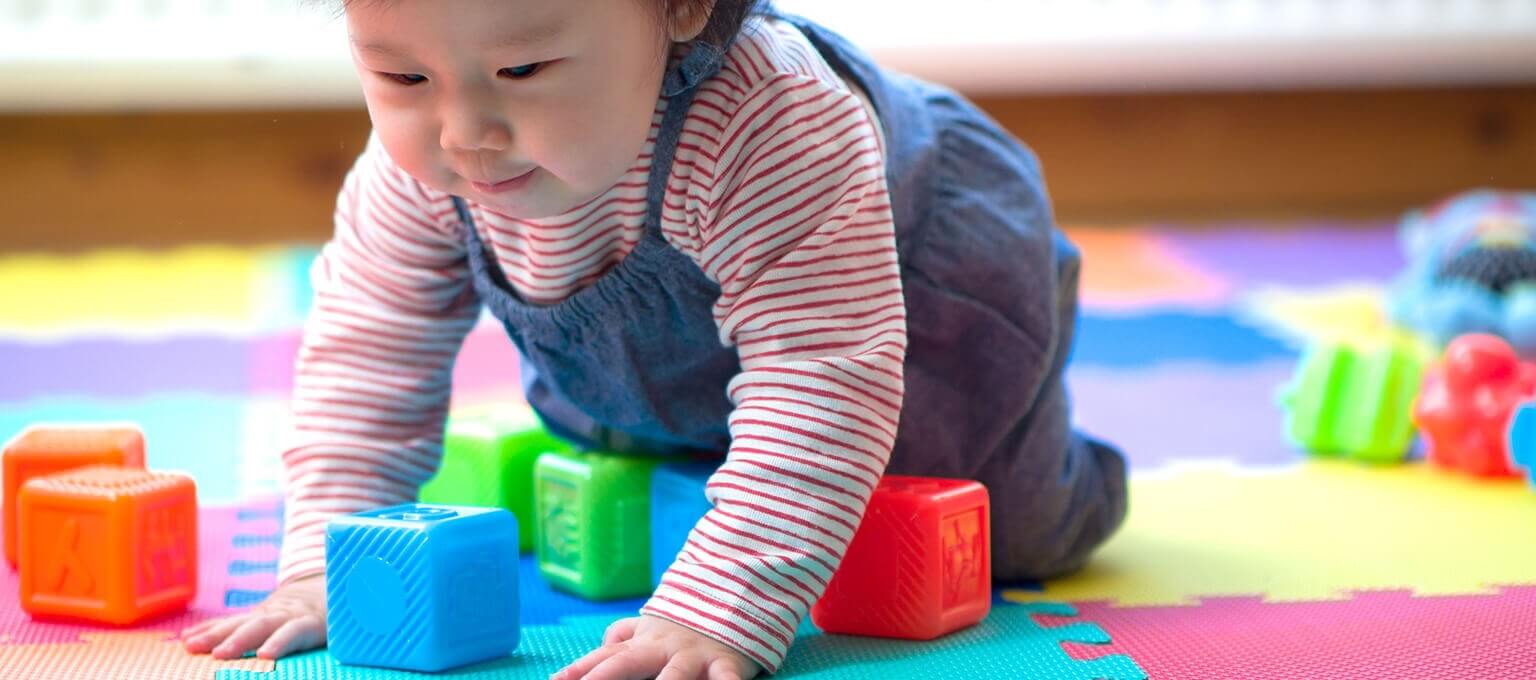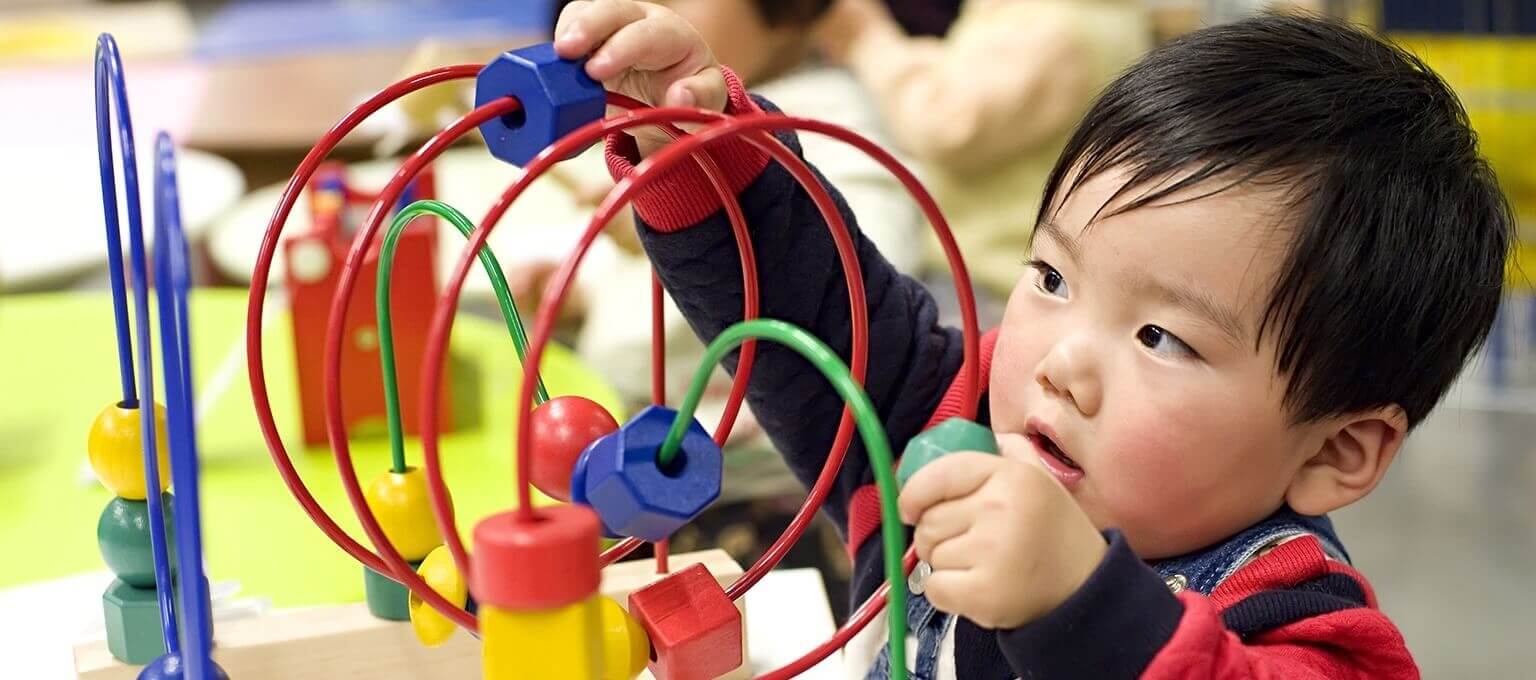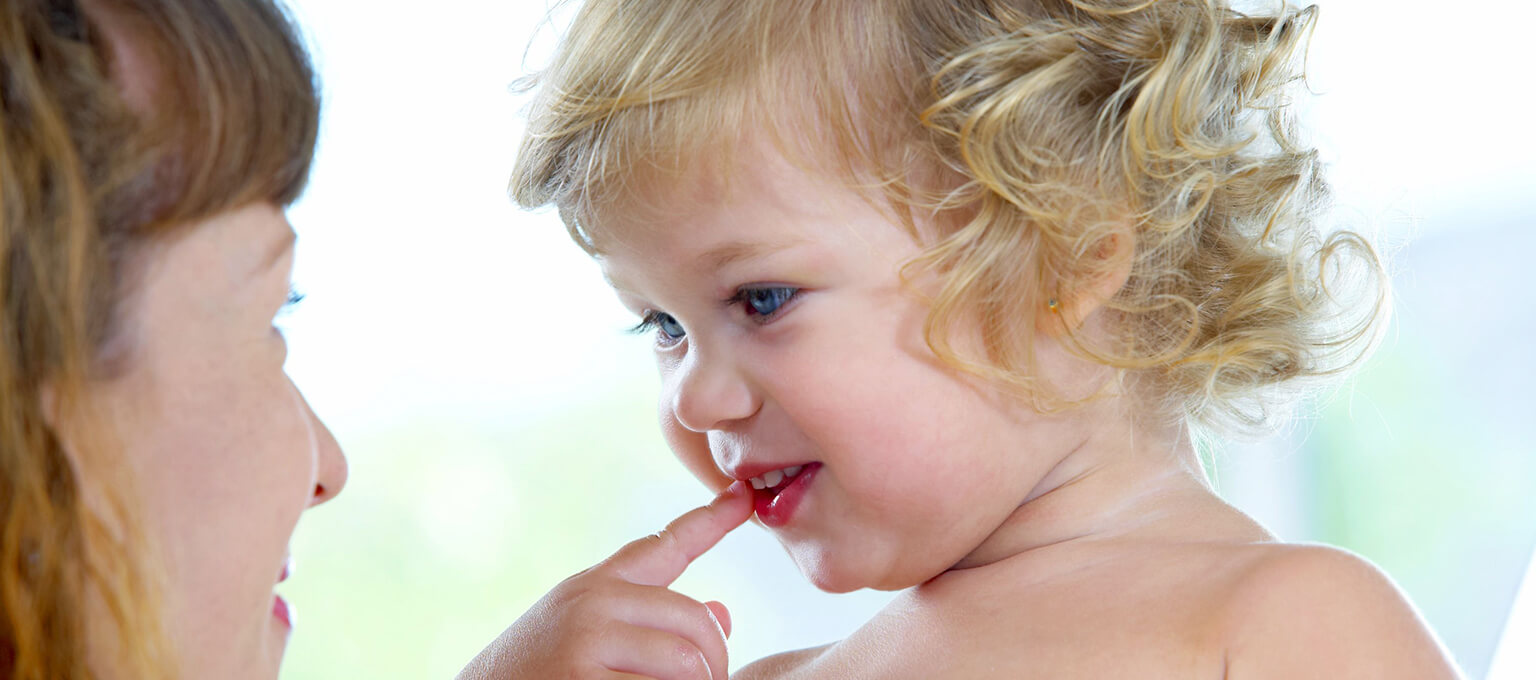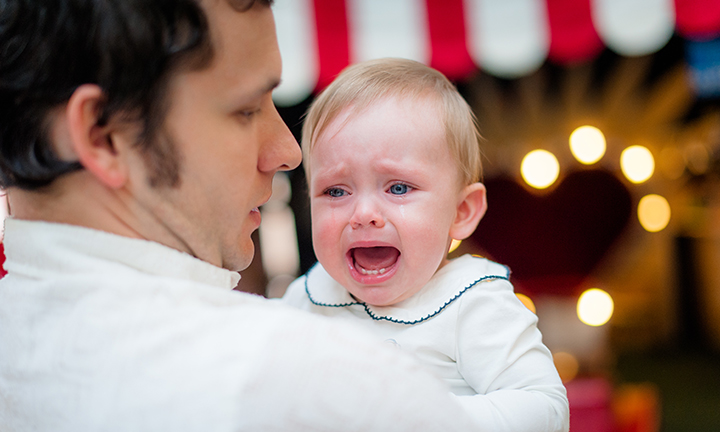- Baby
- Development
- Your 11-Month-Old's Language Development
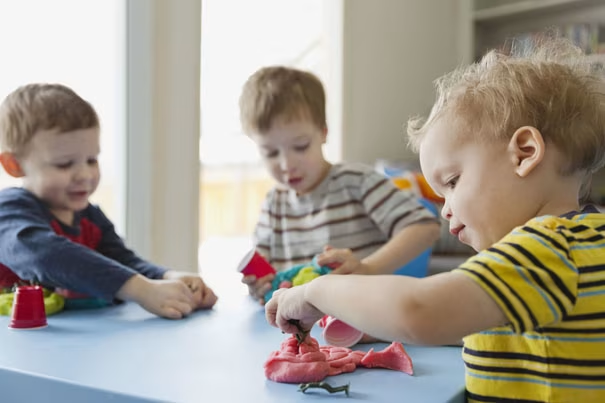
Your 11-Month-Old's Language Development
Your baby is beginning to try out a few words, with "Mama" and "Dada" likely among them. If you're wondering how many words should an 11-month-old say , it's normal for babies at this age to say one or two simple words. Many of his attempts will still be rough, like saying "ba" for "ball," for example. These new sounds prompt others to give him the words he wants, and that's what helps him learn language.
How Many Words Should an 11-Month-Old Say?
Before he becomes adept at naming the things around him, he'll point at them. It's a process that psychologists call "joint attention. " While you might be curious how many words should an 11-month-old say, it's important to remember that each child develops language skills at their own pace. If you're asking yourself how many words should my 11-month-old say, keep in mind that some babies may not speak recognizable words until later, while others might already have a small vocabulary. He'll start by jabbing his finger at objects he wants and will soon move on to pointing at interesting items just to share them with you. He may also begin to say simple words, and his 11-month-old speech is an exciting milestone. He'll make faces to get laughs from you and will dance and pose to hold your attention. No one understands the meaning behind his gestures and behaviors better than you do, so he'll throw his whole body into getting the responses he wants. He's irresistible.
Check out related baby tools.

Baby Growth Chart Calculator
Keep an eye on your baby’s average growth by tracking height, weight, and head circumference with our simple tool.
This is a mandatory field.
This is a mandatory field.
This is a mandatory field.
This is a mandatory field.
*Input details of your baby’s last measurements. **Source: World Health Organization
Your Little Social Butterfly
Many babies this age like being around other children their own age, including siblings, relatives, and neighbors. Don't expect too much interaction, though. Your baby may enjoy watching other children and may even try imitating them, but actually playing together comes later. (A note on imitation: Babies are happy to repeat any action that gets a laugh. So watch what you reward with a chuckle—it might not be something that deserves an encore! ) Sharing is also too much to expect at this age. Instead, concentrate on teaching older children how to trade toys back and forth with your baby.
It's not too early to start watching for signs of empathy in your little one—crying when another child cries, patting someone in distress, or trying to help someone who has gotten hurt. Even though your baby can't really understand how the other person feels, he's learning how to identify and respond to feelings
Read more about Baby
Related Articles
Join a World of Support
through Pregnancy and Parenthood.
![toy]()
TRACK WITH TOOLS
![baby]()
LEARN WITH EXPERTS
![Gift]()
GET REWARDED

Where You Already Belong

